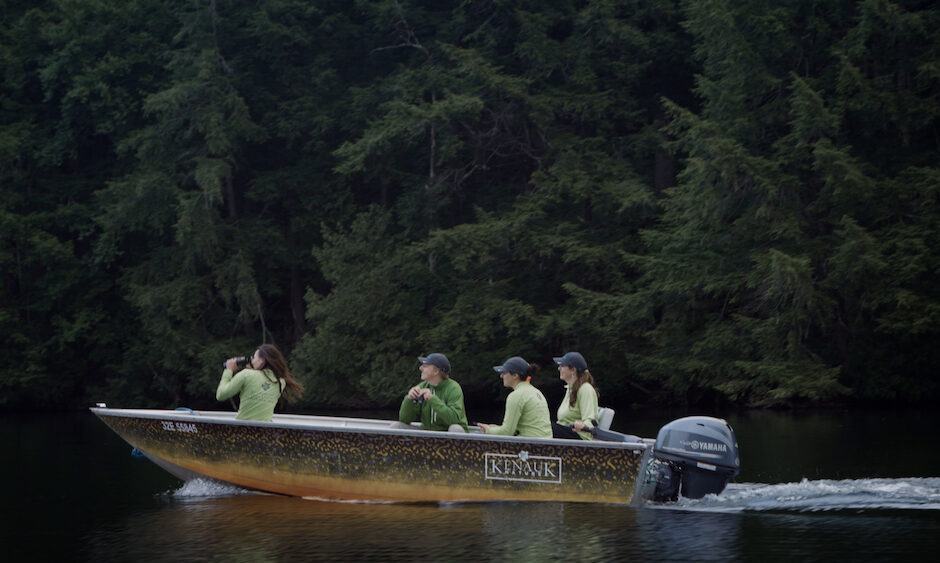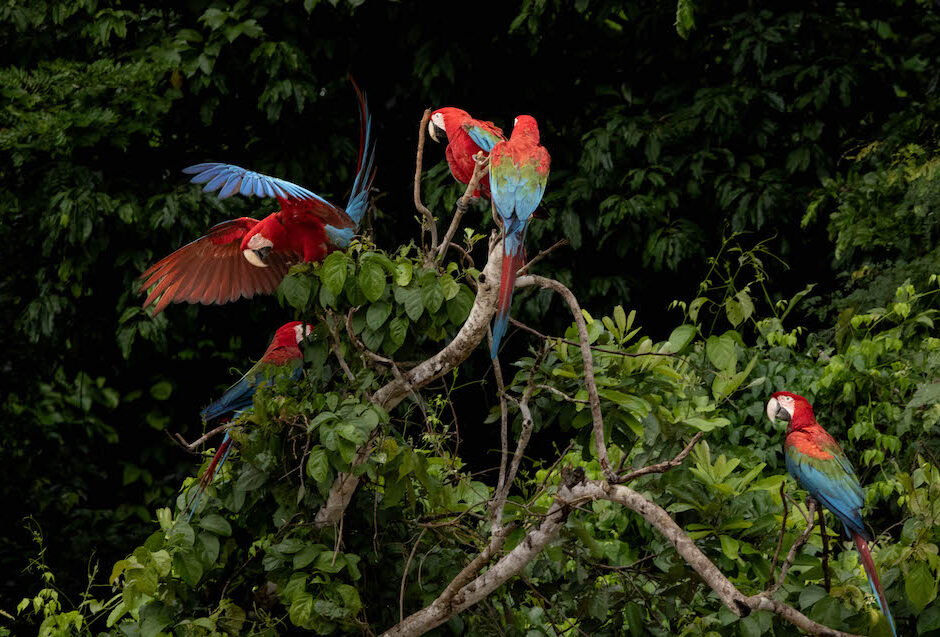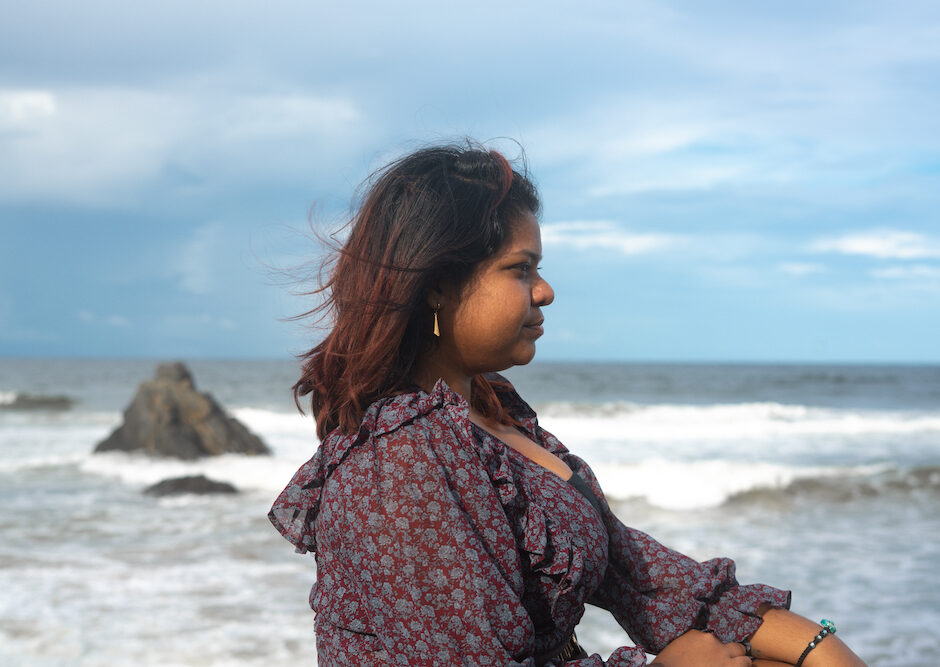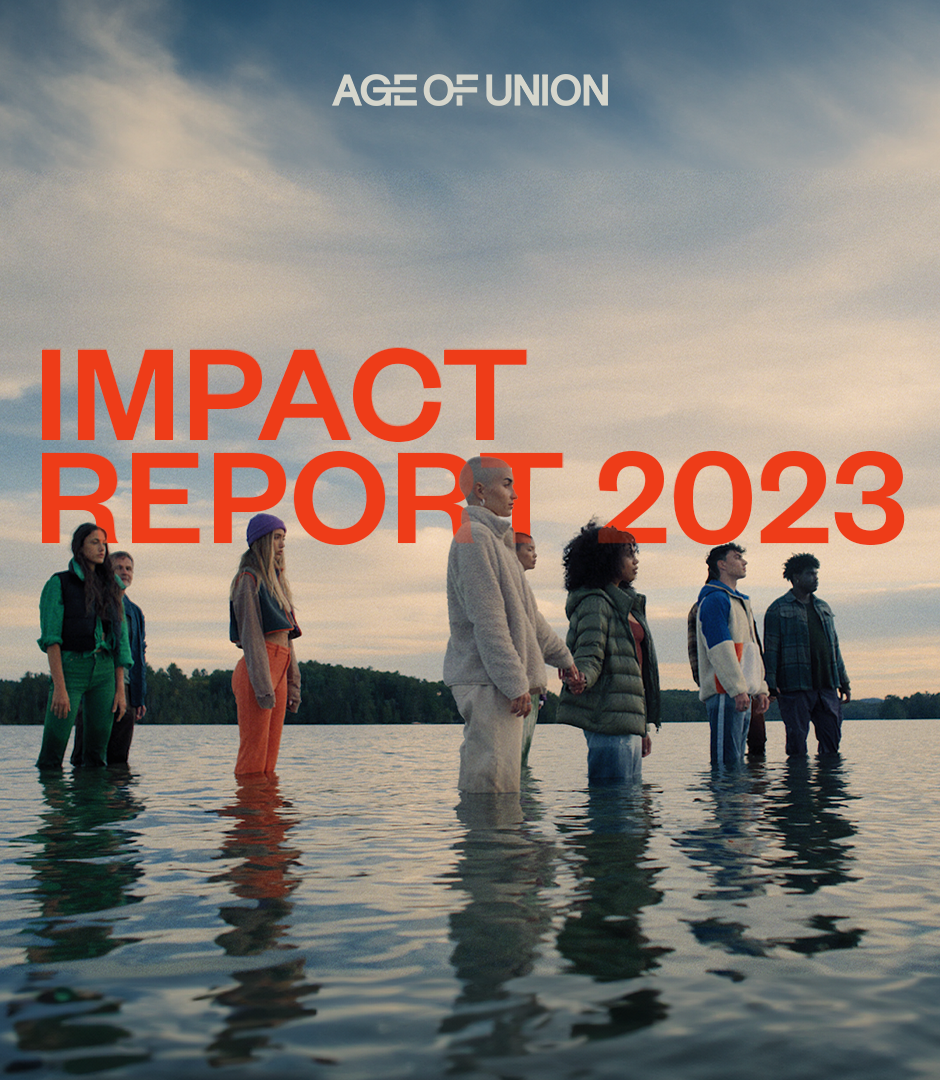Holistic Community Development is Helping Boost Haiti’s Climate Resilience
Article
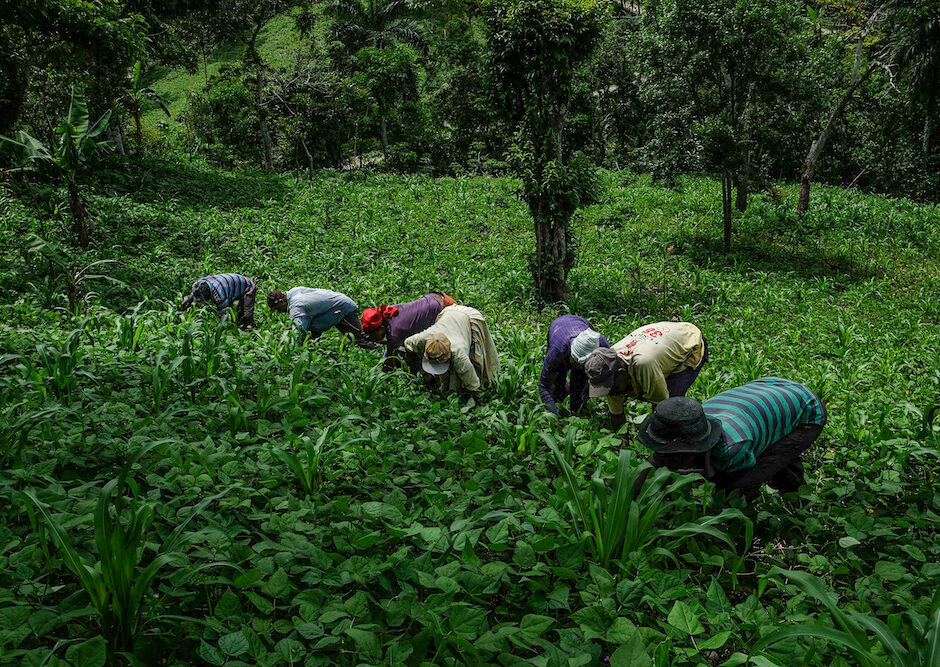
The KANPE Foundation supports vulnerable Haitian communities’ climate resilience by operating diverse projects in rural, climate-impacted communities.
Author
Jacky Habib
Topics
When Dominique Anglade lost her parents and extended family members in the devastating 2010 Haiti earthquake, the former Quebec politician knew she wanted to help the country rebuild.
At the time, Anglade was already working alongside Régine Chassagne from the Grammy-winning rock duo Arcade Fire, whom she had known since childhood, to begin a charitable organization to support Haiti. The friends, both Canadians of Haitian origin, founded The KANPE Foundation.
Following the 7.0 earthquake, which killed more than 300,000 people according to the Haitian government and left over one million homeless, KANPE launched its first project to address the cholera epidemic in highly-impacted communities and committed to assisting rural Haitians with rebuilding after the earthquake.
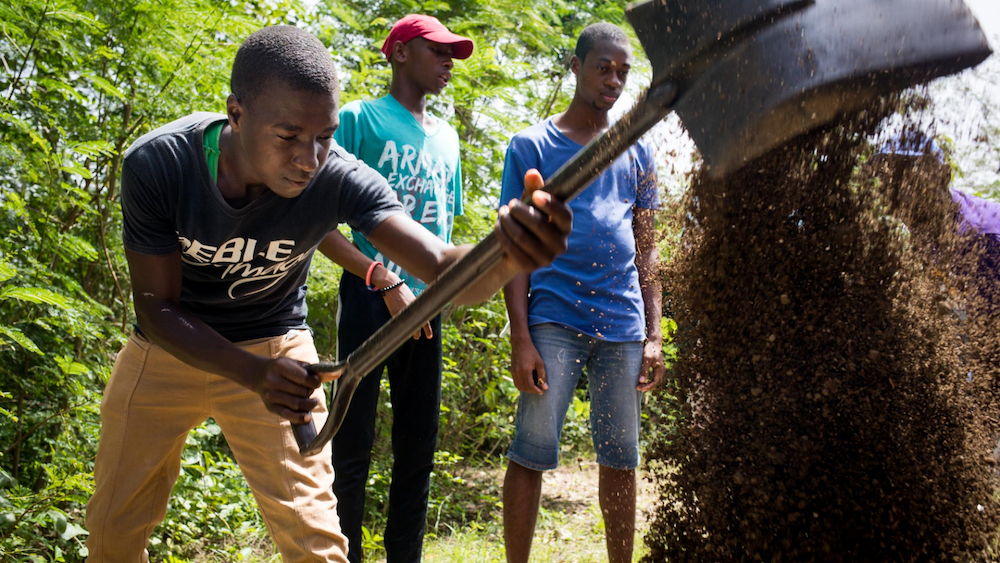
A Holistic Approach to Development
Over a decade later, KANPE continues to support Haiti’s most underserved rural communities in their path to autonomy. The organization works in the municipality of Thomonde, in the country’s remote highlands, which has three villages: Baille Tourible, Tierra Muscadi, and Savanette Cabrale.
This municipality, which has high poverty levels, lacks essential services such as adequate health facilities and schools. To support these communities holistically, KANPE (‘stand up’ in Haitian Creole) supports communities in six areas: health, education, infrastructure strengthening, agroforestry, entrepreneurship, and leadership.
Taking a community-based approach, KANPE partners with local organizations to hear directly from grassroots leaders and community groups about what they want for their communities. Over the years, they have worked together to establish essential health services, free education, and agroforestry projects.
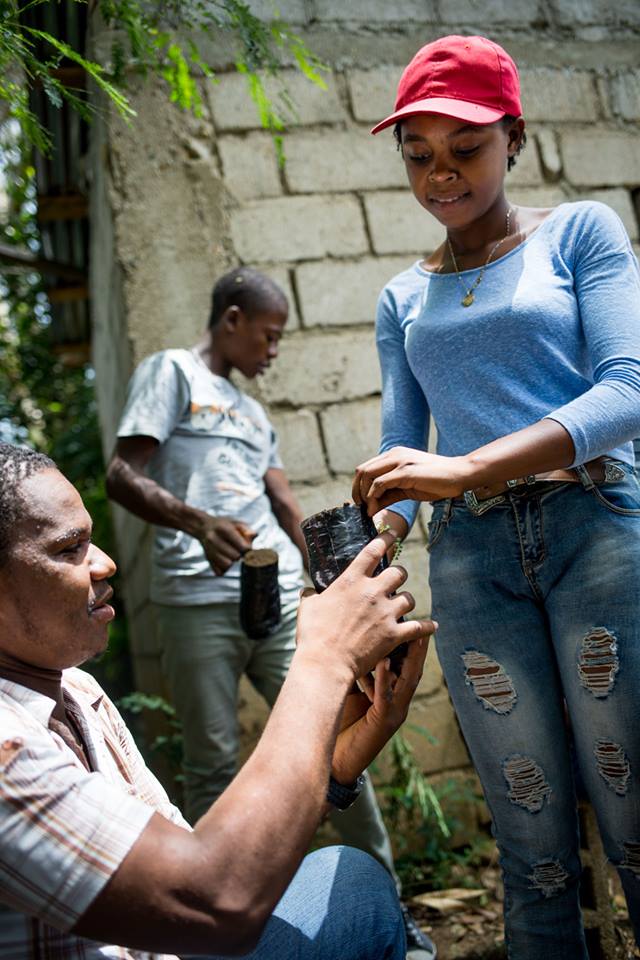
Haiti’s Vulnerability to Climate Change
Haiti is the most vulnerable country in Latin America and the Caribbean to climate change, with climate projections indicating it is likely to face decreased precipitation, a lengthier drought season, and increased temperatures in the coming years.
By promoting sustainable economic development and strengthening food security, KANPE works to build the climate resilience of vulnerable communities. KANPE’s agroforestry projects include teaching young people, running an experimental farm to produce fruit and forest trees, developing subsistence gardens and community nurseries, and rehabilitating, reforesting, and preserving local natural resources.
In 2021, KANPE began a 5-year partnership with Age of Union, which supports an agroforestry and reforestation initiative to produce, distribute, and plant over 25,000 fruit and forest seedlings annually and support the farmer field school and experimental farms activities in Baille Tourible.
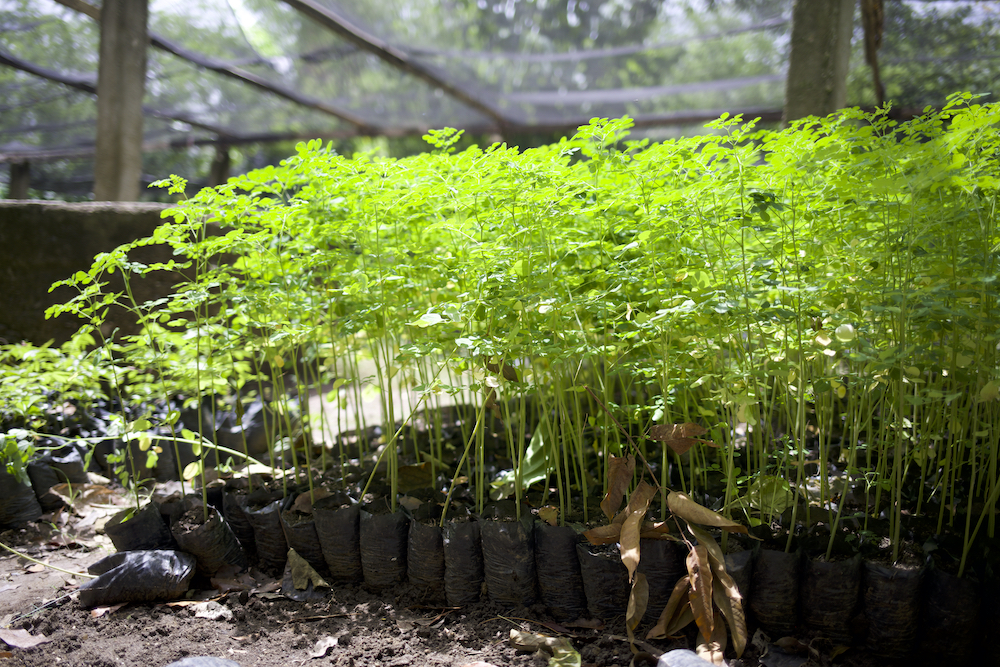
Beyond Agroforestry
While these projects work towards strengthening climate resilience, communities cannot tackle climate effects through agroforestry alone. According to the World Bank, low per capita income and limited infrastructure and services heighten the country’s vulnerability to climate change.
Recognizing this, KANPE’s work in communities extends beyond agroforestry to include several other areas, such as infrastructure and livelihood strengthening. The organization has constructed and renovated classrooms in local schools, supported the construction of a cholera unit in a health center, installed solar panels, and more.
To strengthen the economic livelihoods of impoverished community members, KANPE recognizes the importance of entrepreneurship, skill development, and diversifying sources of income. The organization provides financial training, works with young people and women to create new local businesses, supports a women’s microcredit program, and promotes income-generating activities for young people in animal husbandry.
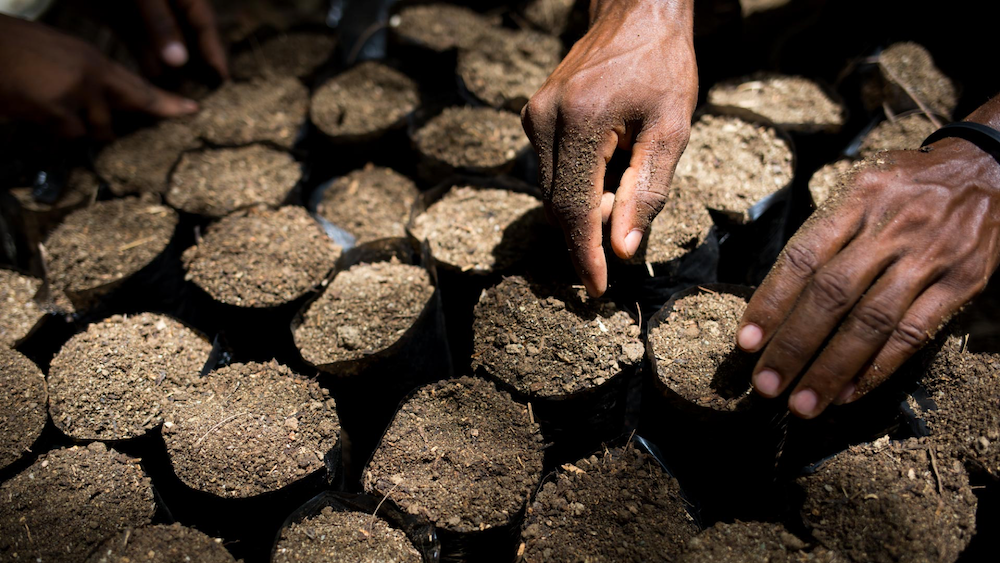
Diversifying families’ sources of income also has positive conservation outcomes. In Baille Tourible, residents often cut trees, transforming them into coal sold at local markets. Coal is one of the core income sources for many families, and by replacing this with other income sources, communities will retain their tree coverage.
As communities become increasingly self-reliant, KANPE, true to its name and together with local partners, demonstrates what it looks like when the most vulnerable “stand up.”
Credits
KANPE Foundation
Youssef Shoufan
Topics
Article written by
Jacky Habib
Related
articles
America, Film, News, Project
Age of Union Reveals New “On the Frontline” Episodes Featuring Kenauk Reserve’s Conservation Efforts
America, Explainer, Project, South America
The Braided Lives of Birds and Trees in the Western Amazon
Caribbean, Profile, Project
This Rising Trinidadian Leader Is Paving the Way For Youth and Women in Conservation
Project
More articles
Black Hole Experience, Explainer
What Black Holes Can Teach Us About Nature and Spirituality
Black Hole Experience, News
Black Hole Experience Premieres at C2 Montreal
News
Age of Union Alliance Unveils The Black Hole Experience, a Mobile Immersive Exhibition and Reset for Humankind
News
